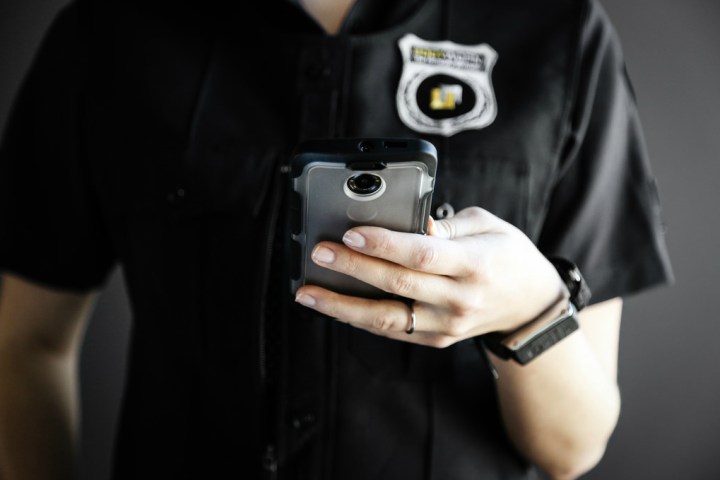
Pishevar is the chairman of Hyperloop One, and raised $80 million to support the futuristic transportation method. He has the funds and the contacts to make a mobile app such as this a reality. He has more hurdles to jump than just contacts and funding, though, and that is where Kerik comes into play. Kerik has the law enforcement and department administration expertise to lend credibility to a project like this one.
After Pishevar announced his idea, however, critics who were dubious that a mobile app would be able to solve the epidemic facing the country right now blasted the idea. Pishevar was not deterred, and is focusing all of his energy into his project. He reminded critics that the concept was in early stages, and is not even in full development mode at this time.
The concept would take a vast amount of cooperation from the law enforcement community. as it relies on access to criminal databases that would be restricted to law enforcement use. The app would find the suspect’s basic information and initiate a video call or phone call for those without a smartphone between the officer and the citizen. License, registration, and insurance information would be exchanged electronically, without any face-to-face interaction.
The app would provide relevant law enforcement information to the officer on criminal history, licenses to carry, and warrants up front. Ideally, this will allow an officer to plan for the interaction and any backup needed before direct contact is made. Pishevar hopes to provide a buffer to prevent an interaction that could be racially charged.


